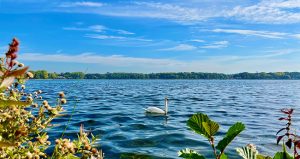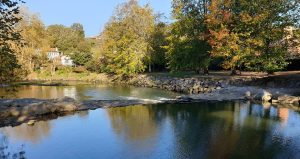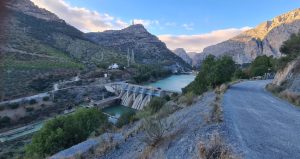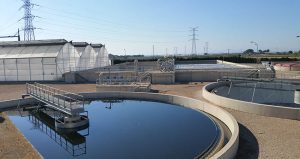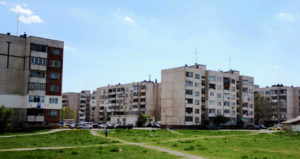Water Framework Directive: Brussels does not foresee respite after 2027
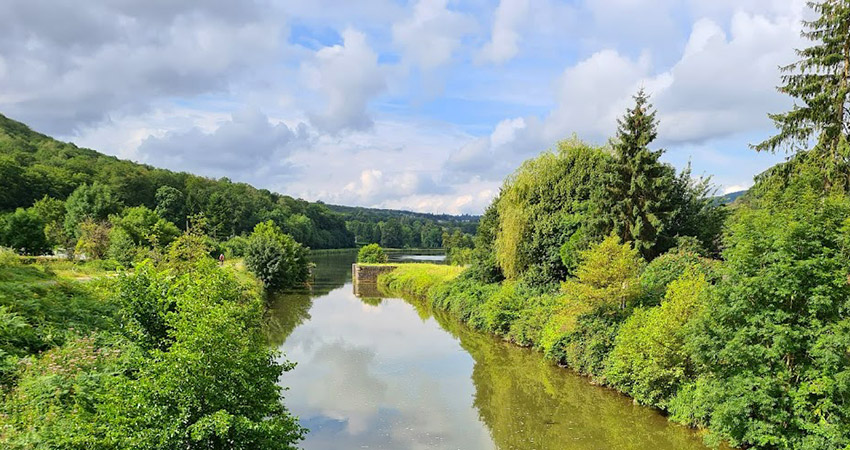
- 10 May 2022
-
 Esther Rasenberg
Esther Rasenberg
Share article:
By March 2022 Member States had to report the third generation of River Basin Management Plans (RBMPs) for 2022-2027 to the European Commission. Brussels does not intend to postpone the deadline for achieving the WFD targets. “The Water Framework Directive is meeting its objectives and no legislative changes are planned to extend the existing deadlines,” stated an official spokesperson for the European Commission.
This may mean the European Commission will start proceeding against Member States that do not comply to the objectives of the European law in 2027. Most Member States have made progress since the guideline was introduced, but over the last years progress has come to a standstill. During the latest assessment of the European Environment Agency (EEA) in 2018 appeared only 40% of Europe’s lakes, rivers, estuaries and coastal waters comply to a minimum ‘good’ or ‘high’ ecological status in 2010-2015. A vast majority of Europe’s water bodies still failed to meet the WFD-objectives.
More efforts needed
According to the European Commission the delays in meeting the requirements are explained in part by an under-estimate of the level of efforts needed and a lack of knowledge on aquatic ecosystems. The reliance of Member States on EU financing mechanisms, and the lack of other funding sources for the implementation of measures needed for the WFD are also contributory factors. So, in the light of the above, efforts should be made by the Member States to address the aforementioned reasons related to the delay in meeting the WFD requirements.
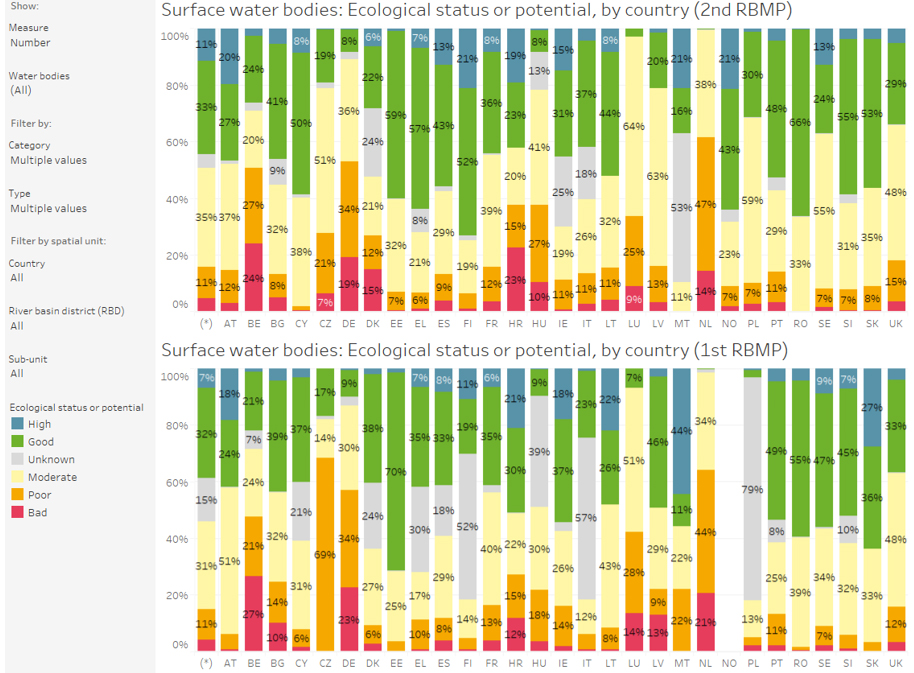
Assessment
One of the main benefits of the Water Framework Directive is monitoring, so that the right measures can be taken at the right place by Member States. To assess water quality, among other things, the one-out-all-out principle is used. This means that the water quality is assessed as insufficient if a parameter does not meet the standard. According to some Member States this method provides too little insight into the remaining task and the steps that are being taken. That is why the European Environment Agency also uses other indicators to see progress. Over the years the amount of waters with a unknown status has diminished. That becomes clear when you compare the charts of ecological and chemical status of surface water bodies from the 1st RBMP’s with the charts of the 2nd RBMP’s.
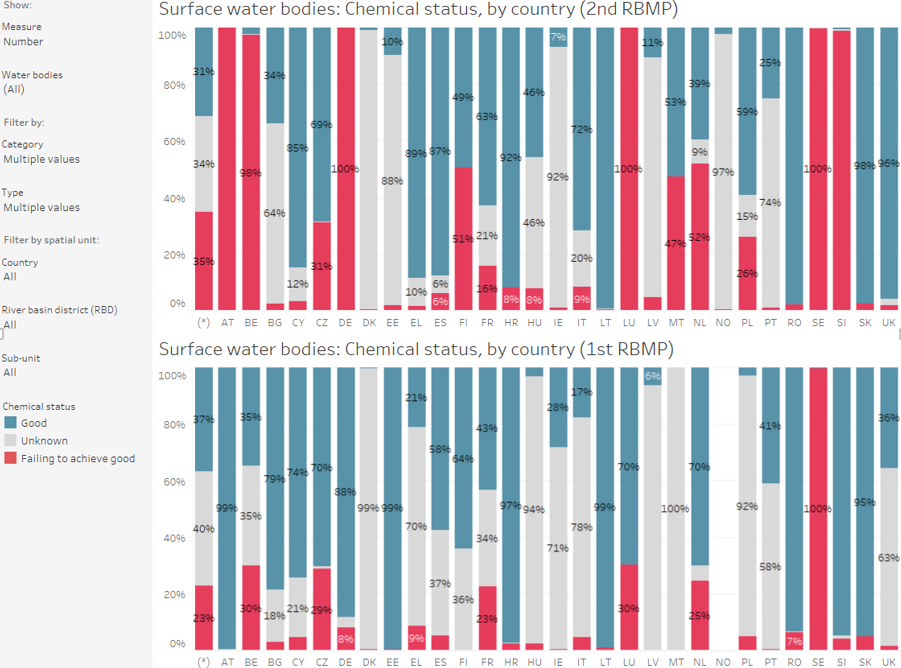
Germany and Flanders are already pushing the deadline
Germany and Flanders already indicate that they will take longer to achieve WFD targets. Germany states that the implementation of measures will continue until 2033 or later. Flanders will also take measures after 2027. It is still unclear how the European Commission will respond to the plans of Germany and Flanders.

